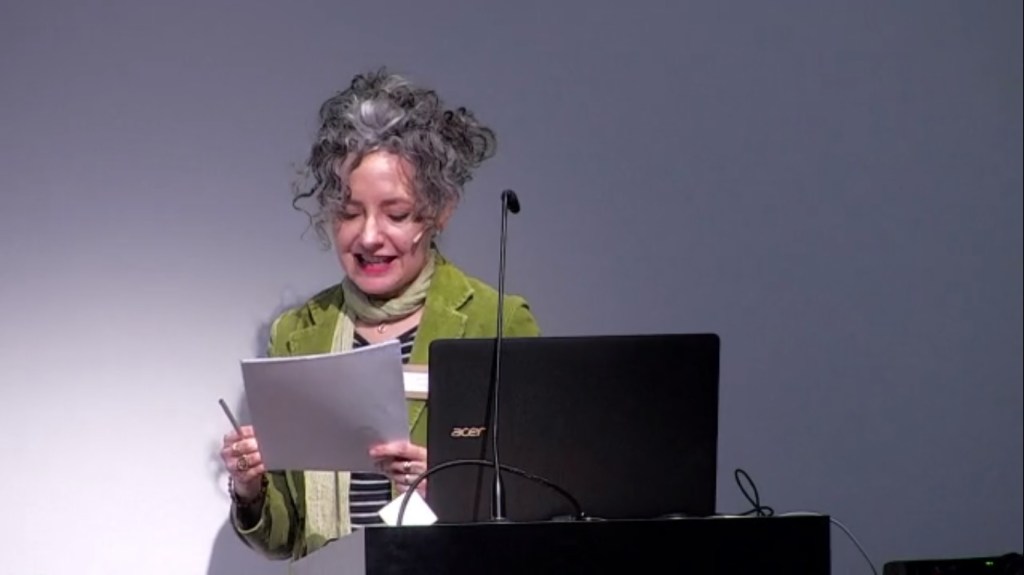
Overjoyed that my keynote “Unexplored Archives, Philology and Real People – How to study ‘sound-based art’ through sketches (design thinking, embryonic projects, first meetings, software programming)”, at the TENOR 2024 conference – International Conference on Technologies for Music Notation and Representation, is now online.
2024: 4 April: Full video (my keynote and other talks): https://vimeo.com/930542621
Abstract:
My presentation considers the importance of ‘methodologically organising’ the musicology of the creative processes, where the projects’ ambition be the preservation of works using sound technology, the history of a centre or a biography, or the documentation of a piece for future reperformances. I start with some personal reflections that illustrate the theoretical place I find myself in after 20 years of research in private and institutional, material and immaterial archives. I briefly illustrate some of the projects I have been involved lately and pinpoint their meeting points: (1) my research on what we can deduce from the (past and present) composers’ personal archives and what do archives tell us about the persons who have collected and organised them, about their own ‘workshop’ (for a book chapter in Xenakis: Back to the roots, ed. by Reinholf Friedl,Thomas Grill and Michelle Ziegler, in press); 2) my philological reconstruction of the creative process of Recitativo (1961) by Camillo Togni (book chapter in a book dedicated to Camillo Togni, in press); 3) my research and article presented at the Performing Live Electronic Music project developed at the Institute for Computer Music and Sound Technology (ICST) of the ZHdK in 2022 about the work of Lanza/Valle and Clara Iannotta (in press); 4) finally, the project I am part of at IRCAM (Paris) entitled RAMHO (Recherche et Acoustique Musicales en France : une Histoire Orale), coordinated by François-Xavier Féron (by December 31, 2023, 33 people had been interviewed, for a total of 145 hours of audio recording), with a focus in my presentation on John Chowning.
Thus, starting from my personal position, I open the discussion to a broader discourse. In a precious historical moment where the musicology of electroacoustic music is experiencing a very lively and fertile growing, it is indeed necessary that: 1) musicology be felt as a mixed method of study; 2) the scholar always be explicit, in each essay, article, thesis, in the complete indication of the sources that he or she finds himself or herself considering, having the courage to write those pages that are perhaps extremely ‘boring’ for the reader, but that serve on the contrary both to the writer and to the more attentive reader, in order to show what has been considered and what is missing, and to being able to go over and hypothetically “redo” the experiments, to avoid the reader going back to look for the same things or redoing the same mistakes. The examples I will share are all based on the idea of ‘sketching’, that is, the broader concept (existing already in the philosophy of art) which reevaluates the concept of sketch, or ‘drawing’, not only as an object or a document, but in general as a moment for designing preliminary steps, phases to capture any inspirations, ideas, embryonic projects, first meetings, software programming.


Leave a comment